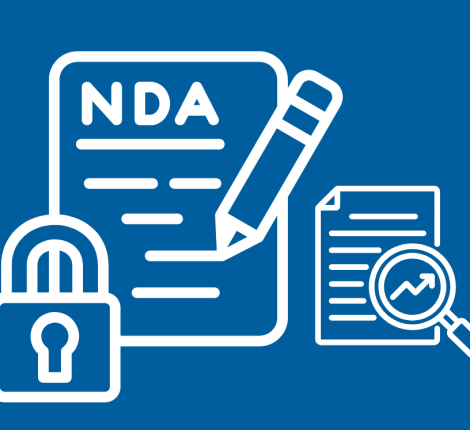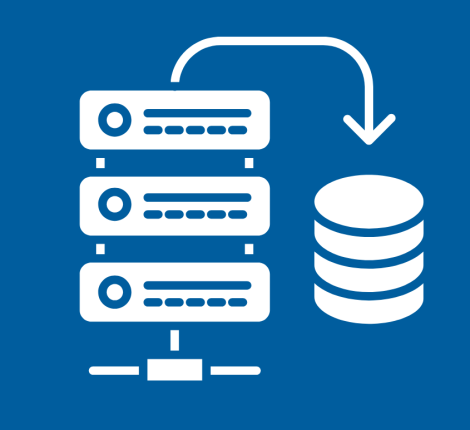Employment Law Newsletter: Certain Nuances of Provident Fund Regulations-Sep 2020
In the past year or so, we have seen important amendments to the Employees’ Provident Funds and Miscellaneous Provisions Act, 1952 (“EPF Act”) and the various schemes formulated under it. These amendments brought about significant changes impacting employee-employer. 1. Interpretation of the term ‘Basic Wages’ As per Section 6 of the EPF Act, contributions payable by an employer must be at the rate of 12% of the ‘Basic Wages’ (“EPF Contributions”). According to the definition provided in Section 2(b)(ii) of the EPF Act, ‘Basic Wages’ does not include bonus or other similar allowance payable to an employee. However, this definition has long been the subject matter of debate in the Indian courts. The Employee’s Provident Fund Organisation (EPFO) has taken a liberal approach in interpreting this definition and has stated that all allowances (including travel allowance, special allowance and other miscellaneous allowances) are to be treated as a part of the Basic Wages since these are paid ordinarily, regularly and uniformly to all the employees.
A Single Judge of the Madras High Court in Management of Reynolds 2012 (1) LLJ 381 ruled in favour of the EPFO while other High Courts had adopted contradictory approaches. This case was appealed before the Hon’ble Supreme Court of India (SC) vide a Special Leave Petition in the Regional Provident Fund Commissioner (II) West Bengal V. Vivekananda Vidyamandir & Others. The appeal raises a common question of law as to whether the ‘special allowances’ paid by an establishment to its employees would fall within the definition of ‘Basic Wages’ under Section 2(b)(ii) read with Section 6 of the EPF Act for computation of deduction towards the EPF Contributions. Taking cue from the multiple judgment and in light of the arguments presented by the employers and EPF Authorities, the Hon’ble SC held that the Employee’s Provident Fund Scheme, 1952 (the “Scheme”) was a social beneficial welfare legislation meant for protection of the weaker sections of the society, i.e. the workmen, and was, therefore, required to be interpreted in a manner to sub serve and advance the purpose of the legislation. The test was adopted to determine if any payment was to be excluded from Basic Wage, the payment under the EPF Act must have direct access and linkage to the payment of such special allowance as not being common to all. This is also known as the ‘test of universality’.
The Hon’ble SC further observed that the allowances payable to the employees can be excluded from the definition of ‘Basic Wages’, if the employers are successful in demonstrating that such allowances are: (i) variable in nature; or (ii) linked to any incentive for production resulting in greater output by an employee; or (iii) not paid to all employees in a particular category; or (iv) are paid especially to those who avail the opportunity. After applying the tests laid down in the aforesaid decisions, the Hon’ble SC held that only the following allowances are excluded from the definition of Basic Wages to compute the EPF Contributions: (i) Any variable earning which may vary from individual to individual according to their efficiency and diligence; (ii) Component which is specifically paid to those who avail of the opportunity; 2. Changes to Employee Pension Fund The Hon’ble Supreme Court on April 1, 2019, in the case of Employees Provident Fund Organisation v Sunil Kumar and Ors, dismissed a special leave petition filed by the EPFO against the judgment given by the Kerala High Court.
The judgment by the Kerala High Court revolved around the validity of the Amendment. Numerous writ petitions were filed before the Kerala High Court challenging the validity of the above-mentioned Amendment. The Kerala High Court in its ruling observed that classification of the employees based on cut-off date (September 1, 2014) is ultra vires the powers of the Government of India under the Provident Fund law. Accordingly, the Kerala High Court held that the said notification amending the Scheme is arbitrary, ultra vires the EPF Act, and has thus, been set aside. The aforesaid judgement of the Kerala High Court was challenged by the EPFO, however, the Supreme Court on April 1, 2019, upheld the Kerala High Court’s Judgment and dismissed the EPFO’s appeal. The effect of this judgment is that the retirement fund body is required to give pension to the retiring employees based on their full salary, instead of capping it at INR 15,000. Before the Hon’ble Supreme Court verdict: (i) As per the provisions of the Scheme, Pensionable Salary was calculated as the average monthly salary in the last sixty (60) months before the Member exits the Employees’ Pension Scheme. (ii) The maximum pensionable salary is limited to INR 15,000 every month. After the Hon’ble Supreme Court verdict: (i) The recent judgment has set aside the Amendment and reinstated the old system of calculating the Pensionable Salary on the average of the last twelve (12) month’s salary. (ii) Further, the cap on the Pensionable Salary of INR 15,000 has also been done away with this judgement. Effect of the recent verdict on the calculation of the Pensionable Salary: (i) You can calculate your new pension using the formula: New Pension = ((Pensionable Service)/70)* Pensionable Salary (ii) Employees desiring a higher pension will have to divert this amount from their EPF corpus to the EPS.
Labour Laws Compliances for Start-Ups
As per the notification issued by the Ministry of Labour and Employment as of June 3, 2016, the start-ups are exempted from complying with 6 labour laws for the initial 5 years from their commencement. These Start-Ups may be asked to submit an online self-declaration in the 1 st year. Such exemption will apply to a Start-up that are recognised through the DIPP portal and a recognition number is issued to such start-up by the DIPP. These 6 exempted labour laws include, the Building and Other Construction Workers Act, 1996; the Inter-State Migrant Workmen Act, 1979; the Payment of Gratuity Act, 1972; the Contract Labour (Regulation and Abolition) Act, 1970; the Employee Provident Fund and Miscellaneous Act, 1952 and the Employee State Insurance, 1948. Although relaxations are provided to the Start-Ups, these exemptions do not relieve the Start-Ups from complying with the other labour laws. The exemption provides for a gestation period for Start-Ups in order for them to get accustomed to the labour laws and the concerned enforcement authorities. The exempted Start-ups may be subjected to inspection only when very credible and verifiable complaint of violation is filled in writing. Given this, it is prudent for the Start-ups to comply with all the labour laws in a timely manner.




